How to Fast Before a Physical Exam
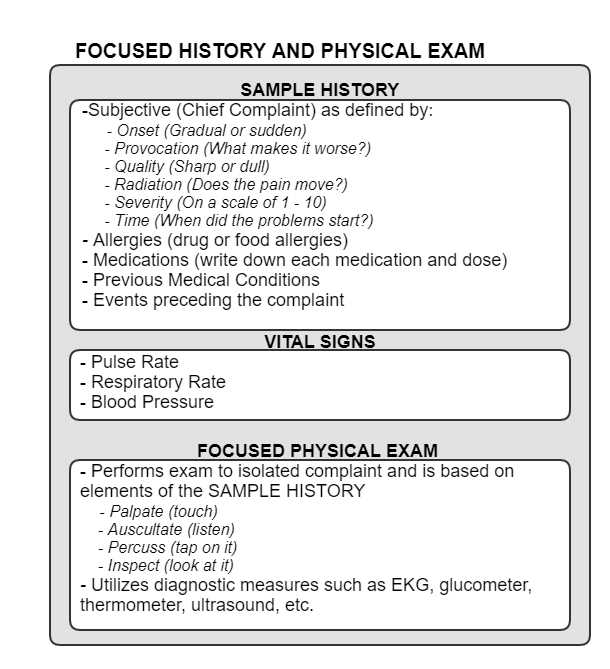
Proper preparation is essential for obtaining accurate results in health assessments. The way you manage your diet and liquid intake prior to a visit to the doctor plays a crucial role in the reliability of the outcomes. Small changes in your routine can have a significant impact on how the tests are conducted and interpreted.
In many cases, it’s necessary to modify your usual habits to ensure that the tests provide clear and consistent data. Understanding the reasoning behind these changes helps in following the necessary guidelines effectively, leading to better health insights and more accurate diagnoses. Adhering to these recommendations not only improves the precision of the results but also supports your overall well-being throughout the process.
How Fasting Impacts Medical Test Results
Proper preparation by adjusting your intake of food and drink can significantly affect the accuracy of various medical assessments. When specific tests are required, the body’s baseline condition can influence the outcomes. By temporarily altering your diet, you allow for more precise measurements, which in turn leads to clearer insights into your health status.
Effects on Blood and Biochemical Markers
One of the key reasons for modifying your eating habits is to provide accurate data for blood tests. The presence of food in the digestive system can alter blood sugar levels, cholesterol counts, and other biochemical markers, leading to skewed results. By abstaining from meals, you ensure that these levels reflect your body’s natural state, giving healthcare professionals a more reliable picture of your health.
Impact on Digestive Function and Metabolism

In addition to influencing blood test outcomes, changes in your diet can also provide important insights into your digestive function and metabolism. When the body isn’t processing food, it can show how efficiently it handles stored energy. This is particularly useful for tests related to metabolism, such as those assessing liver function or insulin sensitivity.
Why Fasting Is Required Before Testing
Certain health assessments require a period of abstaining from food and drink to ensure the accuracy of the results. This is done to eliminate any variables that could affect the readings, allowing healthcare providers to get a clearer understanding of your baseline health. Without this preparation, the presence of food or beverages in your system might distort the data, leading to inaccurate conclusions.
Ensuring Accurate Blood Sugar and Lipid Readings
For tests measuring blood sugar levels or cholesterol, consuming food prior to the procedure can cause significant fluctuations in the results. By allowing a period without food intake, healthcare providers can assess these markers in their natural state, leading to more precise evaluations of conditions such as diabetes or heart disease.
Improving Accuracy of Metabolic Assessments
Some tests aim to evaluate the body’s metabolic rate and overall energy usage. When food is ingested, it can temporarily alter metabolic processes, leading to inaccurate measurements. A period of not eating ensures the body is in a resting state, providing a true representation of how it functions under normal, non-digestive conditions.
How Long to Wait Before Your Test
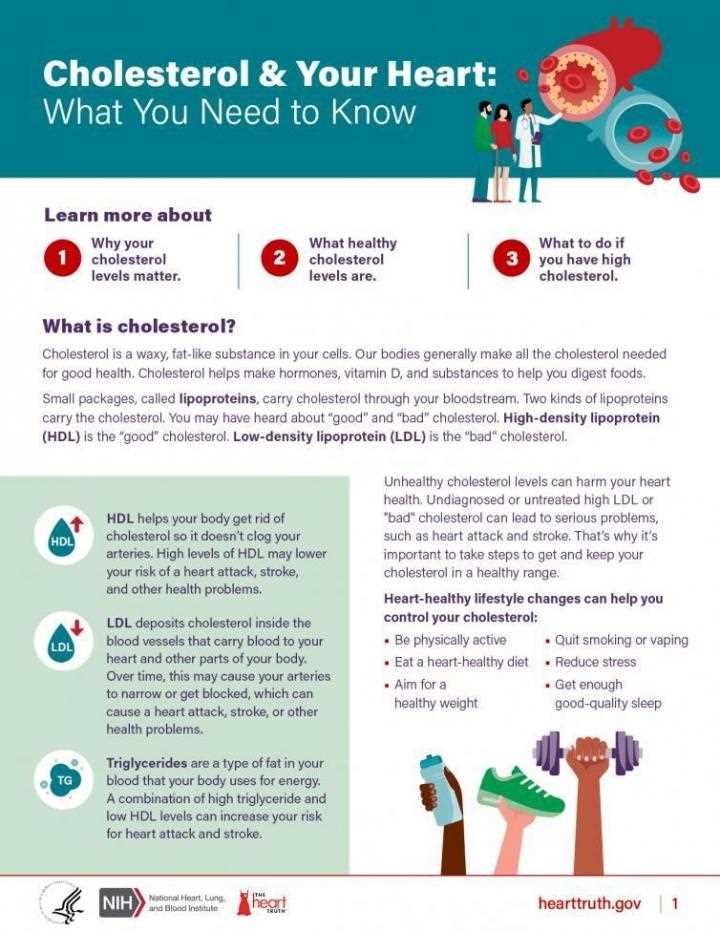
The duration of abstaining from food and drink varies depending on the type of assessment you’re undergoing. It’s essential to follow the specific instructions provided by your healthcare provider to ensure accurate results. Different tests require different preparation times, and understanding these guidelines will help you avoid any errors that could affect the outcomes.
Common Timeframes for Various Tests
For most assessments, a period of 8 to 12 hours of not eating is typically recommended. However, this can differ based on the type of test being conducted:
- Blood glucose and cholesterol tests: Typically require 8–12 hours of abstinence.
- Insulin sensitivity tests: Often need a minimum of 12 hours without food.
- Metabolic tests: Generally recommend at least 10 hours of fasting.
Exceptions and Special Considerations
In some cases, shorter periods may be sufficient, especially for tests that do not directly measure blood markers affected by food intake. Always verify the requirements for your specific situation, as certain health conditions or medications may alter the necessary fasting duration.
- Medications: Some drugs may require adjustments to fasting schedules.
- Age or health status: Children, elderly, or individuals with specific conditions may need different fasting recommendations.
What to Eat and Drink Before the Test
When preparing for medical assessments, what you consume leading up to the procedure plays a critical role in ensuring accurate results. While some assessments require complete abstention from food and beverages, others allow limited intake of certain items. Knowing what to eat and drink can help you prepare properly, reducing the risk of misleading results.
Recommended Food and Drink Options

If your healthcare provider permits some intake, it’s essential to choose foods and drinks that won’t interfere with the results. Generally, you should avoid anything that could significantly alter your body’s natural state. Consider these recommendations:
- Water: Hydration is key. Water is usually the safest option and can help maintain normal bodily functions.
- Clear liquids: Broth, black coffee, or herbal tea without sugar or cream are typically allowed.
- Light snacks: If permitted, a small portion of plain crackers or a piece of fruit may be acceptable.
Foods and Drinks to Avoid
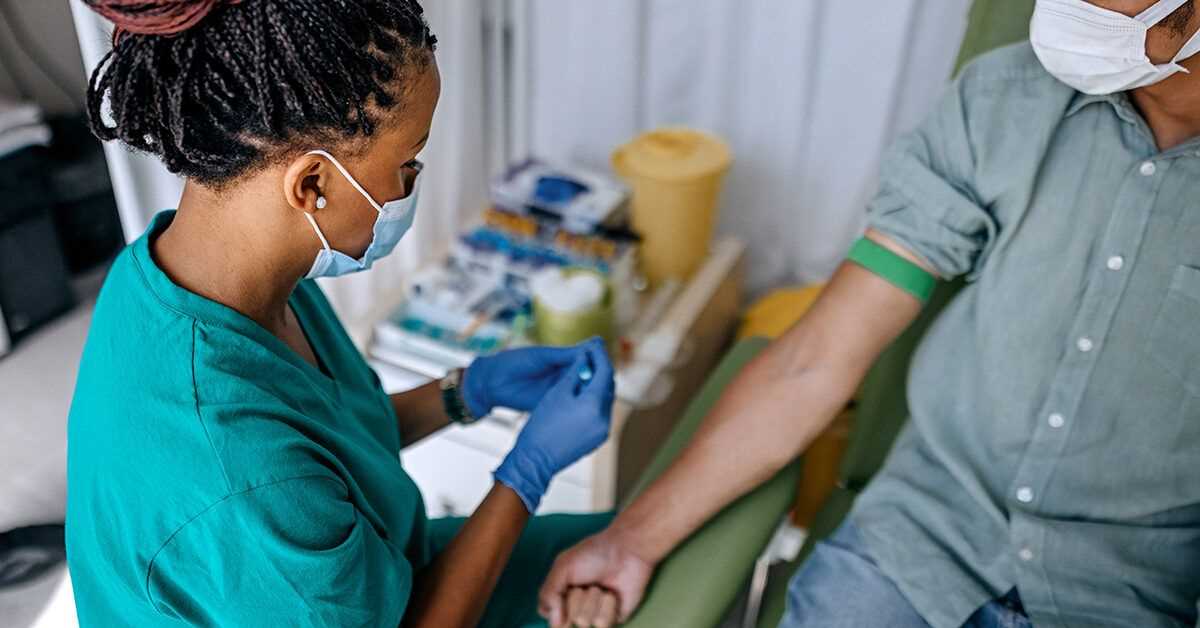
Certain items can interfere with the accuracy of tests. It’s best to steer clear of the following:
- Heavy meals: Avoid high-fat, high-protein, or sugary foods that can spike blood sugar levels.
- Alcohol: Alcohol can interfere with many blood tests, including liver and glucose levels.
- Milk and dairy products: These can alter digestive and blood sugar results.
Timing Your Preparation for Accurate Results
The timing of when you cease eating and drinking plays a crucial role in ensuring the accuracy of your medical assessments. Adhering to the recommended duration can help provide the most accurate readings, as consuming food or drink too soon before the procedure can alter various bodily markers. Understanding the optimal timing helps you prepare effectively and avoid skewed results.
Recommended Duration for Common Tests
- Blood sugar tests: Typically require 8–12 hours of no food intake.
- Cholesterol levels: Often recommend at least 12 hours of fasting for accurate results.
- Glucose tolerance tests: Usually need 8 hours of no eating or drinking.
Tips for Proper Timing
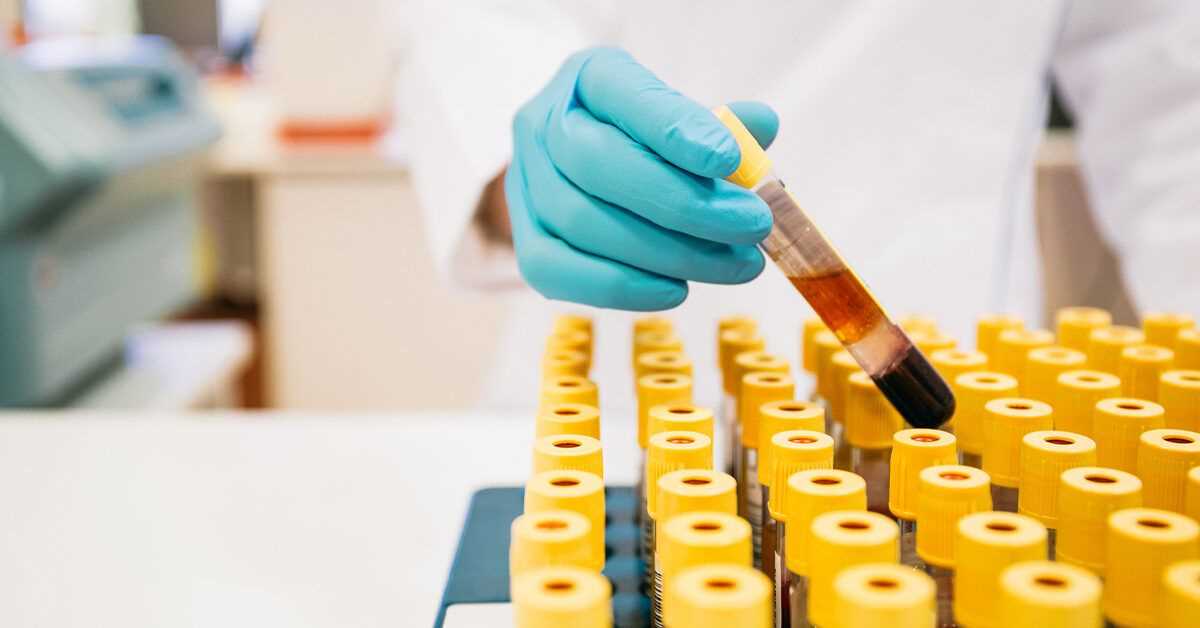
To ensure optimal results, follow these tips:
- Plan ahead: Arrange your appointments early in the morning to minimize the time between waking up and the test.
- Avoid snacking: Stick to the prescribed duration and avoid sneaking in small snacks or drinks, as even minor intake can affect the results.
- Stay hydrated: If water is allowed, be sure to drink enough to stay hydrated without consuming other beverages.
Effects of Fasting on Blood Tests
When preparing for blood tests, the absence of food and drink can significantly impact the results. Many blood markers, such as glucose and cholesterol levels, fluctuate based on recent intake, and not adhering to proper guidelines may lead to inaccurate readings. Understanding how the body responds to this preparation is essential for achieving reliable test outcomes.
Here’s a look at some of the key effects on blood tests:
| Blood Marker | Effect of Preparation |
|---|---|
| Glucose Levels | Eating before testing can cause a spike in blood sugar, affecting results for diabetes and metabolic tests. |
| Cholesterol | Consuming food can temporarily raise lipid levels, leading to inaccurate cholesterol readings. |
| Liver Enzymes | Food intake may alter liver function markers, potentially masking liver-related issues. |
| Triglycerides | These levels can be falsely elevated if you have recently eaten, skewing cardiovascular risk assessments. |
For the most accurate readings, following the proper guidelines on meal timing ensures that the body is in a stable state, offering a true representation of your health markers.
Common Mistakes to Avoid When Preparing for Tests
When preparing for medical assessments that require abstaining from food and drink, there are several common errors that can interfere with the accuracy of the results. Ensuring that you follow the proper guidelines can help you achieve reliable outcomes. Avoiding these mistakes will support the integrity of your test data and provide your healthcare provider with the most accurate information.
Here are some of the most frequent mistakes to watch out for:
- Not Following the Recommended Duration: One of the biggest errors is not adhering to the required time period for abstinence. Cutting the duration short can lead to inaccurate readings.
- Consuming the Wrong Foods or Drinks: Even small amounts of food or drink, such as a sugary beverage or a cup of coffee, can affect test results. Stick to clear guidelines regarding what is and isn’t allowed.
- Overhydration: While hydration is important, drinking excessive amounts of water or other liquids may alter certain test results, especially those related to kidney or electrolyte balance.
- Snacking During the Waiting Period: It’s tempting to grab a snack to pass the time, but even a small portion can interfere with the accuracy of tests, especially those measuring blood markers like cholesterol and glucose.
- Not Preparing in Advance: Last-minute preparations or changes in your routine can lead to stress or irregularity in your results. Planning ahead and following a consistent schedule is key.
How Fasting Affects Metabolism and Health
When you refrain from eating for a period, your body undergoes several physiological changes that can have both short-term and long-term effects on metabolism and overall health. These changes impact the way your body processes energy, regulates blood sugar, and maintains various internal systems. Understanding these effects can help you prepare properly and make informed decisions about your health.
The body’s response to not consuming food involves several complex processes aimed at conserving energy and maintaining vital functions. Here’s an overview of how metabolism and general health can be influenced:
| Effect | Impact on Health |
|---|---|
| Slower Metabolism | Prolonged periods without food can slow down the metabolism as the body conserves energy, potentially affecting long-term energy balance. |
| Blood Sugar Regulation | Reduced food intake can lead to changes in insulin sensitivity, which may improve or temporarily worsen blood sugar regulation, depending on the individual. |
| Improved Fat Burning | When the body is not processing food, it shifts to burning stored fat for energy, which can aid in weight loss and fat reduction. |
| Cellular Repair | Some studies suggest that periods without food can trigger autophagy, a process where the body cleans out damaged cells, promoting better cellular health. |
These metabolic shifts can affect your body in different ways depending on the length of time spent without food and your individual health status. It’s important to understand both the potential benefits and risks before engaging in any such practices.
Should You Fast for a Routine Check-up?
For many routine health assessments, it’s important to consider whether refraining from eating and drinking can improve the accuracy of the results. While some tests require specific preparation, others may not necessitate such practices. Deciding whether to limit your intake depends on the types of assessments being conducted and the specific instructions provided by your healthcare provider.
Tests That Benefit from Food Abstinence
Some routine tests, particularly those that measure blood markers like glucose, cholesterol, and triglycerides, require a period of no food or drink. By following the guidelines, you help ensure that your blood samples accurately reflect your body’s natural state, free from the immediate effects of recent meals.
- Blood sugar and glucose tolerance tests: These tests require no food intake to measure baseline blood sugar levels.
- Lipid profile: Cholesterol and triglycerides are best measured when the body is not processing food, providing clearer results.
When It May Not Be Necessary
In other cases, especially for assessments that do not directly involve blood testing, eating may not impact the outcome. Some check-ups, such as those focusing on physical examinations or urine tests, may not require you to skip meals beforehand.
- Basic physical check-ups: Many general health assessments, such as a routine check-up or heart rate check, do not require abstaining from food.
- Urine tests: These tests generally do not require fasting and can be taken after eating as usual.
It’s essential to confirm with your healthcare provider whether limiting your intake is necessary for your upcoming check-up to avoid unnecessary inconvenience and ensure accurate results.
Dehydration During Fasting and Its Risks
When abstaining from food and drink for a period of time, one of the most overlooked risks is dehydration. While the focus is often on not consuming food, the lack of proper hydration can have serious consequences on both short-term and long-term health. It’s essential to recognize the signs of dehydration and understand its potential impact on the body during such preparation periods.
How Dehydration Affects the Body
Without adequate water intake, the body begins to experience a range of symptoms that can affect its normal functioning. Dehydration can impair circulation, reduce kidney function, and even interfere with cognitive abilities. In severe cases, it can lead to complications that may require medical attention.
- Reduced Kidney Function: Dehydration places additional stress on the kidneys, potentially causing them to work harder to filter waste and regulate fluid levels.
- Lower Blood Pressure: A lack of fluid can cause a drop in blood volume, leading to lower blood pressure, dizziness, or fainting.
- Impaired Cognitive Function: Dehydration can affect focus, mood, and mental clarity, leading to fatigue and difficulty concentrating.
Preventing Dehydration
To minimize the risks of dehydration while preparing for health assessments, it’s crucial to follow proper hydration guidelines. While you may need to avoid certain drinks or foods, it’s generally advisable to drink plenty of water during the designated fasting period unless otherwise instructed.
- Drink Water: Ensure you consume an adequate amount of water leading up to the period of abstinence to stay properly hydrated.
- Avoid Dehydrating Beverages: Limit or avoid drinks like alcohol or caffeinated beverages, which can contribute to fluid loss.
Staying hydrated ensures your body remains balanced, reducing the risk of complications that could affect both your health and the accuracy of your medical assessments.
Can You Take Medications While Fasting?
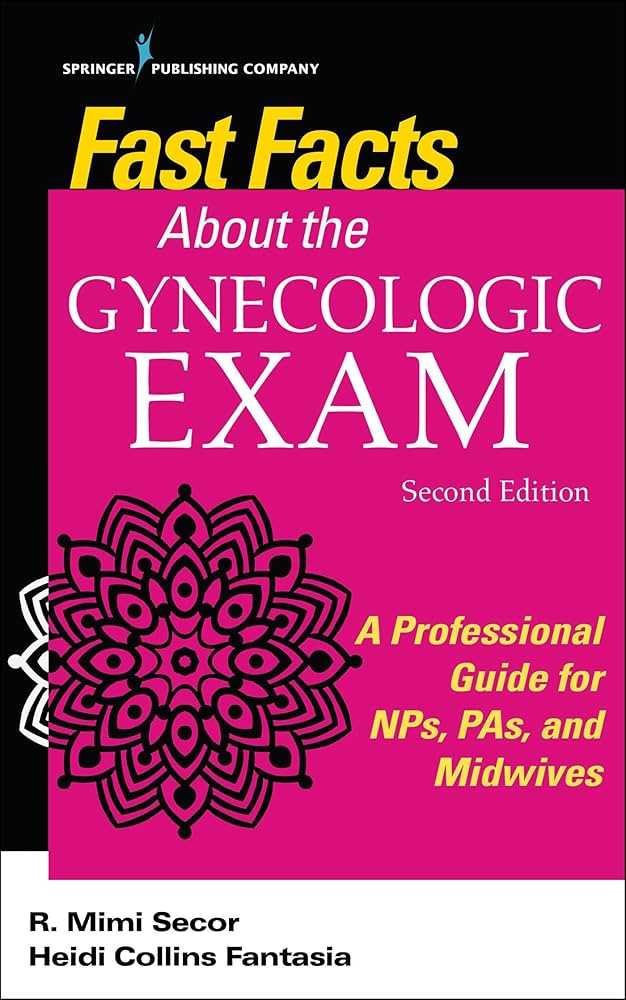
When preparing for health assessments, one of the key concerns is whether it’s safe to continue taking prescribed medications while refraining from food and drink. Some medications may need to be taken with meals, while others are safe to take on an empty stomach. Understanding how your specific medications interact with periods of no food is essential to ensure your health remains stable and your test results accurate.
Medications That Can Be Taken Without Food
Many medications are designed to be taken regardless of whether you have eaten or not. These are typically those that do not cause stomach irritation or require food to enhance absorption. However, it’s always best to confirm with your healthcare provider if this applies to your medication.
- Blood Pressure Medications: Some blood pressure drugs can be safely taken without food, but you should follow your doctor’s instructions.
- Thyroid Medications: Certain thyroid treatments, like levothyroxine, should ideally be taken on an empty stomach for best absorption, but consult your doctor if unsure.
Medications That Require Food or Extra Caution
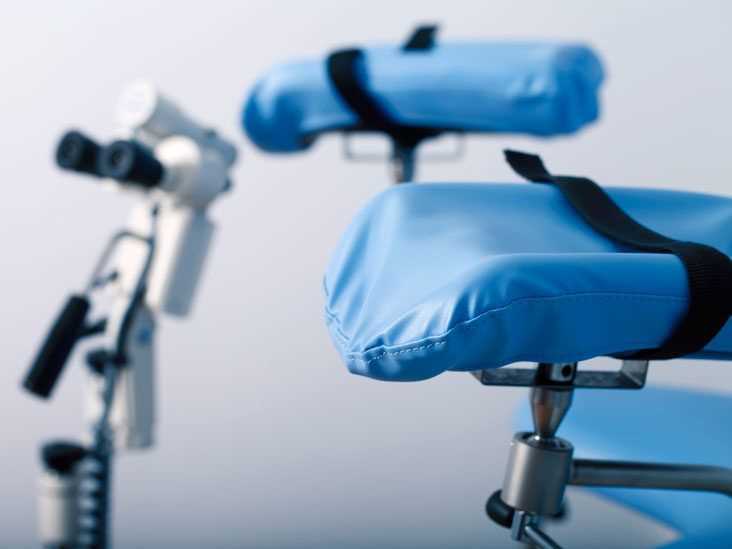
Some medications may cause discomfort, irritation, or other adverse effects when taken without food. For these, it is important to either adjust the timing of their intake or follow specific guidelines provided by your healthcare provider.
- Anti-inflammatory Drugs: Nonsteroidal anti-inflammatory drugs (NSAIDs) can cause stomach irritation if taken without food. It’s recommended to take them with a small meal or snack.
- Diabetic Medications: Certain diabetes medications, such as insulin, may require a careful schedule of food intake to prevent blood sugar drops.
Always consult your healthcare provider or pharmacist regarding your medication schedule to avoid complications and ensure the accuracy of your health tests.
Alternatives to Fasting Before a Test
While some health assessments require refraining from food and drink for accurate results, there are alternative approaches that can be used in certain cases. These methods aim to ensure that test results remain reliable without the discomfort or challenges associated with abstaining from meals. In many situations, working with your healthcare provider to adjust preparation methods can lead to successful outcomes without the need for complete restriction.
Modified Approaches for Preparing
Rather than complete abstinence, some tests allow a modified approach, where small amounts of food or specific beverages are permitted. These options can help maintain hydration and prevent issues like dizziness or fatigue while still providing accurate results.
- Clear Liquids Only: In certain cases, clear liquids such as water, tea, or broth may be allowed. These options help keep the body hydrated without affecting blood markers significantly.
- Light Meals: Some tests may permit consuming light, easily digestible foods that won’t interfere with the accuracy of results, like plain crackers or a small amount of fruit.
Postponing Tests or Adjusting Timing
In some instances, postponing a test or adjusting its timing can allow for more flexibility in meal timing. If fasting is challenging or not suitable for you, your healthcare provider may offer alternative dates or schedules for your assessment to ensure you are well-prepared and comfortable.
- Rescheduling: If you are unable to abstain from food or drink due to medical reasons, rescheduling your test may be an option that allows for more time to prepare properly.
- Morning vs. Afternoon Tests: Some individuals may find it easier to prepare for tests in the morning rather than later in the day, allowing for more flexibility with meal timing.
It’s important to communicate with your healthcare provider about your specific needs and concerns to ensure the best approach for your health assessment, ensuring both comfort and accuracy in the results.
How Fasting Improves Test Accuracy
Refraining from food and drink prior to certain medical assessments helps provide clearer and more reliable results. By eliminating variables like recent meals or beverages, healthcare professionals can better interpret key metrics such as blood sugar, cholesterol, and hormone levels. This practice minimizes external factors that could otherwise skew the data, ensuring that the readings accurately reflect a person’s baseline health status.
When the body is in a state of no intake, it allows for a more controlled environment during testing. For instance, without the influence of food or drink, substances like glucose and lipids in the bloodstream are measured at their natural levels, providing essential insight into metabolic functions. This clarity is particularly important for tests related to chronic conditions such as diabetes or heart disease.
Additionally, fasting can help improve the consistency of results. When individuals consume food or drink, it can cause fluctuations in their blood levels, sometimes making it difficult to draw accurate conclusions. By following specific instructions to abstain from food for a set period, medical professionals can ensure that test results reflect a true picture of an individual’s health, free from external interference.
Fasting Guidelines for Specific Tests
For accurate results in certain medical assessments, specific preparation steps may be required. This often involves abstaining from food or drink for a set period to ensure the readings are unaffected by recent consumption. However, the requirements can vary depending on the type of test being conducted. Below are some general guidelines for different types of tests where this practice is common.
Blood Glucose Testing
When assessing blood sugar levels, it is crucial to avoid eating or drinking anything that may impact the measurement. A typical guideline for this type of test is to refrain from food or beverages for at least 8-12 hours.
- Duration: 8 to 12 hours of no food or drink.
- Permitted Items: Water is usually allowed.
Cholesterol and Lipid Profile Tests
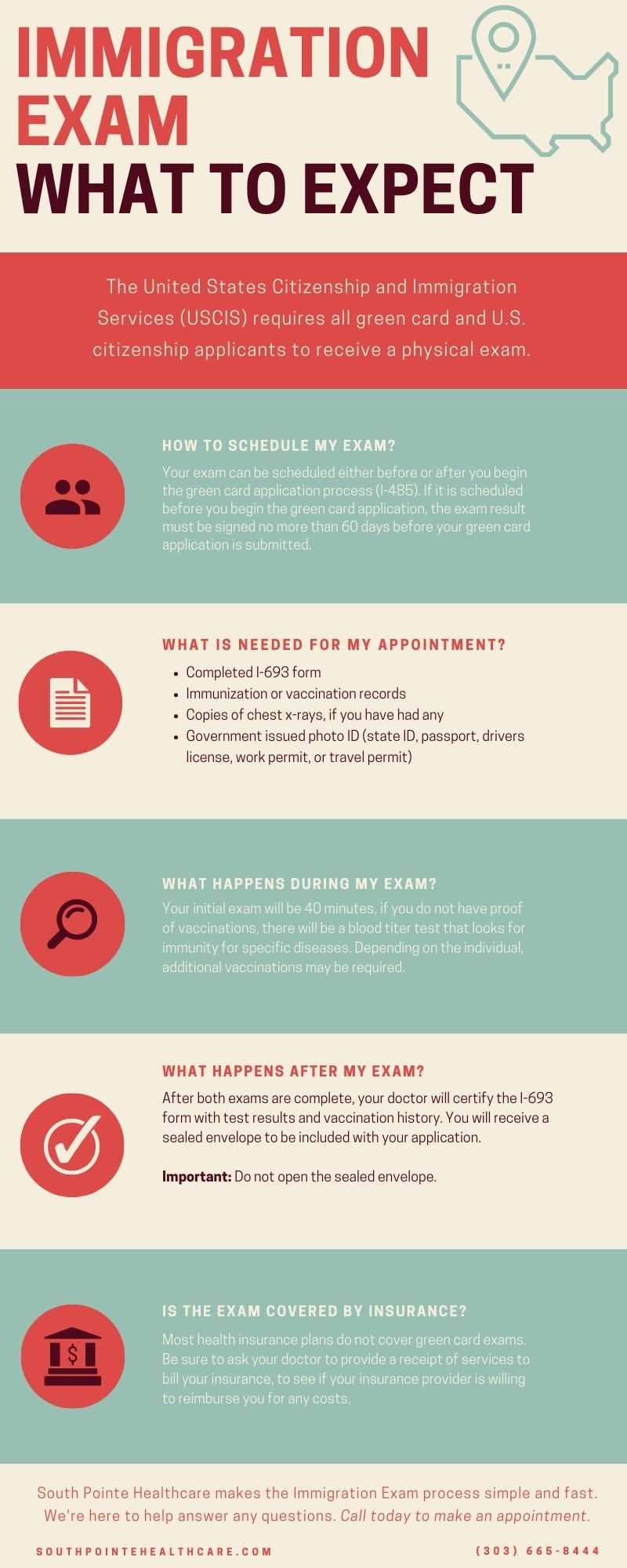
To get accurate readings of cholesterol and other lipid markers, patients are generally asked to abstain from food for 9-12 hours. This helps eliminate the influence of recent meals on lipid levels in the bloodstream.
- Duration: 9 to 12 hours of abstaining from all food and drink.
- Permitted Items: Water is typically the only exception.
Liver Function Tests
Tests assessing liver function may require a shorter fasting period, usually 8 hours. This ensures that the liver’s markers are not affected by recent intake, providing an accurate reflection of its current state.
- Duration: 8 hours of no food or drink.
- Permitted Items: Water is acceptable.
Vitamin and Mineral Tests
Some tests measuring vitamins or minerals in the bloodstream require fasting to reduce any interference from recent meals. The fasting period is typically shorter, ranging from 4 to 8 hours, to ensure optimal accuracy.
- Duration: 4 to 8 hours of abstinence.
- Permitted Items: Small sips of water may be allowed.
It is important to follow specific instructions provided by your healthcare provider for each test, as the fasting requirements can vary. Always consult with your doctor to ensure proper preparation and to achieve the most accurate results possible.
What Happens If You Don’t Fast?
If you skip the recommended preparation for certain tests or assessments, the results may be inaccurate. This can happen because recent consumption of food or drinks can alter the substances in your blood or urine, leading to misleading readings. For example, eating or drinking may affect blood sugar levels, cholesterol, and other markers that need to remain stable for precise measurements.
Without following the necessary guidelines, the healthcare provider might not be able to interpret your results correctly, potentially leading to misdiagnoses or unnecessary follow-up tests. This could delay important treatments or lead to unnecessary procedures, which could be inconvenient and costly.
Additionally, some substances in food or drink can interfere with the functioning of tests, especially those that measure hormone levels, kidney function, or nutrient levels. For instance, drinking coffee or eating a high-fat meal might temporarily alter lipid levels, causing inaccurate readings for cholesterol tests.
In some cases, skipping the recommended preparation might require rescheduling the test, which could delay important diagnoses. It is always best to follow the instructions provided by your healthcare provider to ensure that the results are as accurate as possible.
Post-Exam Eating Recommendations
After undergoing certain assessments, it is important to choose your food and drink carefully to aid recovery and avoid affecting your results. Depending on the nature of the testing process, your body may need time to adjust, and proper nourishment can help restore energy levels and stabilize any temporary imbalances caused during the procedure.
Light and Balanced Meals
Following the test, it is recommended to start with light meals that are easy on your digestive system. Opt for nutrient-rich foods that provide the body with essential vitamins and minerals, such as fruits, vegetables, whole grains, and lean proteins. These foods will help replenish nutrients lost during the procedure and support overall well-being.
Avoid Heavy or Greasy Foods
It is best to avoid heavy, greasy, or fried foods right after testing, as they can overwhelm your digestive system and lead to discomfort or indigestion. Such foods may also affect the accuracy of any follow-up tests, especially those related to cholesterol and blood sugar levels. Stick to easily digestible foods for the first few hours to allow your body to recover.
Staying hydrated is also essential, so be sure to drink water or clear fluids to rehydrate your system. Proper hydration will support the body’s natural processes and help ensure that your body is functioning optimally after the procedure.